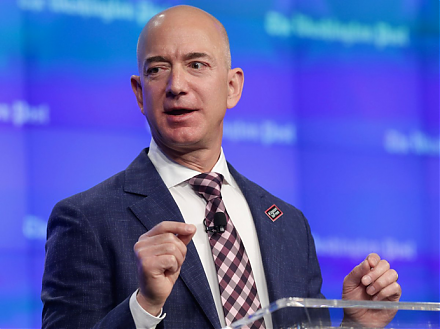

2017-06-03 05:35:00 Sat ET
trust perseverance resilience empathy compassion passion purpose vision mission life metaphors seamless integration critical success factors personal finance entrepreneur inspiration grit
Fundamental value investors, who intend to manage their stock portfolios like Warren Buffett and Peter Lynch, now find it more difficult to ferret out individual stocks that currently experience substantial market undervaluation. During the current economic boom, a rising tide lifts all boats, especially for tech firms, banks, and energy companies. Written by Parnassus equity portfolio managers, this article seems to emphasize the general observation that most health care and biotech stocks seem reasonably cheap relative to most market benchmarks.
However, we believe it is not likely for these health care and biotech stocks to bounce back during the current Trump administration. President Trump seeks to cut medical costs and drug prices substantially in the next few years to make health care more affordable for the American middle class without Obamacare.
The resultant competitive landscape for these health care and biotech firms becomes a unique one with fewer moats across the pharmaceutical industry spectrum. This key motif serves as part of the broader mantra of Trumponomics.
This analysis draws investor attention to big banks with minimal financial stress (after they pass the Federal Reserve's macroprudential stress test), tech stocks with average P/E ratios well above 25x (especially for FAMGA aka Facebook, Apple, Microsoft, Google, and Amazon), and energy companies (such as PSX or Phillips 66 that Warren Buffett has included as a new value stock in Berkshire Hathaway's portfolio in recent times).
The law of inadvertent consequences counsels caution.
If any of our AYA Analytica financial health memos (FHM), blog posts, ebooks, newsletters, and notifications etc, or any other form of online content curation, involves potential copyright concerns, please feel free to contact us at service@ayafintech.network so that we can remove relevant content in response to any such request within a reasonable time frame.
2017-09-03 10:44:00 Sunday ET

President Donald Trump has released his plan to slash income taxes for U.S. citizens and corporations. The corporate income tax rate will decline from 35% t
2023-11-07 11:31:00 Tuesday ET

Joel Mokyr suggests that economic growth arises from a change in cultural beliefs toward technological progress. Joel Mokyr (2018) A culture
2026-10-31 12:38:00 Saturday ET

Today tech titans and billionaires continue to reshape global pharmaceutical investments for both better healthspan and longer lifespan. We discuss, desc
2018-05-04 06:29:00 Friday ET

Commerce Secretary Wilbur Ross suggests that 5G remains a U.S. top technology priority in light of the telecom merger proposal between Sprint and T-Mobile a
2025-10-04 13:37:00 Saturday ET

Stock Synopsis: With a new Python program, we use, adapt, apply, and leverage each of the mainstream Gemini Gen AI models to conduct this comprehensive fund
2017-06-27 05:40:00 Tuesday ET

These famous quotes of self-made billionaires are inspirational words of wisdom on financial management, innovation, and entrepreneurship. For financial